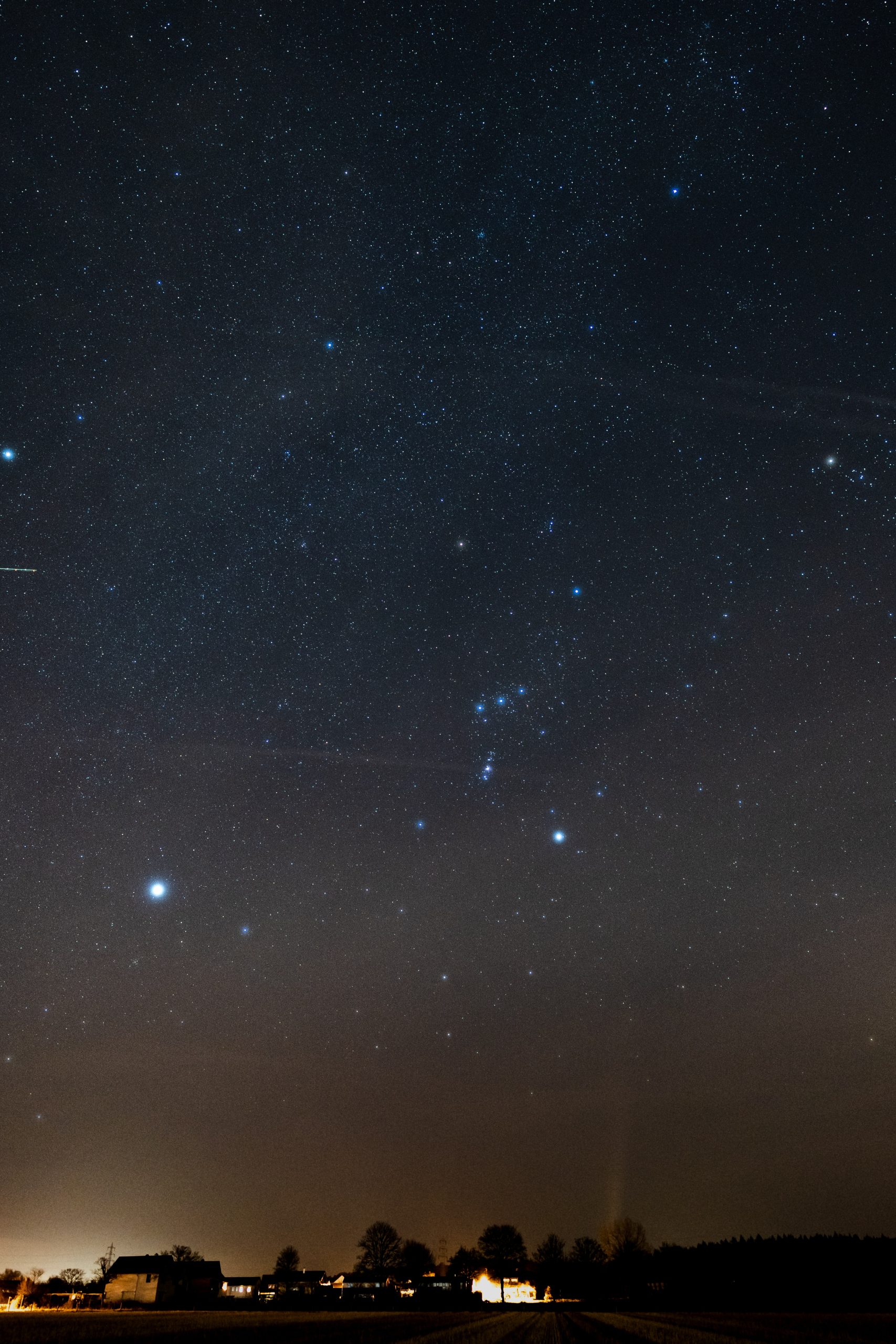Can the Moon Affect Periods?
Many of us are familiar with the concept of the moon affecting the tides, causing them to rise and fall with the lunar cycle. But did you know that some people believe the moon can also impact menstrual cycles? This idea has been around for centuries, and while it may sound like folklore to some, there are interesting theories and studies that suggest a potential connection. In this blog post, we will explore the relationship between the moon and periods, whether science supports these claims, and how this knowledge can empower individuals to better understand their bodies.
Historical Beliefs and Cultural Connections
The idea that the moon influences periods can be traced back to ancient civilizations, where the lunar cycle was believed to govern various aspects of life. In many cultures, the menstrual cycle is closely linked to the moon, with both having a duration of roughly 29.5 days. This association has led to beliefs that menstruating individuals are more energetically attuned to the moon’s phases.
For example, in ancient Rome, lunar calendars were used to track both menstrual cycles and the moon’s movements. Similar connections can be found in other cultures, such as ancient Egypt and certain indigenous communities worldwide. These historical beliefs suggest a deep-rooted connection between the moon and menstruation.
The Lunar Cycle and Menstrual Cycle
Scientifically speaking, the menstrual cycle is regulated by the complex interplay of hormones within the body. On average, the menstrual cycle lasts around 28 to 32 days, with menstrual bleeding lasting between three to seven days for most individuals. The cycle is divided into two main phases:
- Follicular Phase: This phase starts on the first day of menstruation and typically lasts around 14 days. During this phase, the ovaries develop and release an egg, and the lining of the uterus (endometrium) thickens in preparation for potential pregnancy.
- Luteal Phase: Following ovulation, the luteal phase begins and lasts for about 14 days. During this phase, if fertilization does not occur, hormone levels drop, causing the uterine lining to shed, resulting in menstruation.
The lunar cycle, on the other hand, is the time it takes for the moon to complete one orbit around the Earth. This cycle spans approximately 29.5 days and consists of eight distinct phases, including the new moon, waxing crescent, first quarter, waxing gibbous, full moon, waning gibbous, third quarter, and waning crescent.
Given the similar duration of both cycles, some speculate that the moon’s gravitational pull may influence hormonal fluctuations in the body, potentially impacting the timing of ovulation or menstruation.
Scientific Research and Studies
While anecdotal evidence and historical beliefs abound, scientific studies exploring the relationship between the moon and menstruation have presented mixed results.
A study published in the journal Acta Obstetricia et Gynecologica Scandinavica in 2006 examined the menstrual cycles of 312 participants over a period of six years. The researchers found that the average cycle length closely matched that of the lunar cycle. However, the study did not conclude that the moon causally influenced menstrual cycles, as the participants’ cycles did not align precisely with lunar phases.
Another study published in the American Journal of Obstetrics and Gynecology in 2013 analyzed the data of over 3,000 menstrual cycles and found no correlation between lunar phases and the timing of periods.
While these studies suggest that the moon’s influence on menstruation may be more of a cultural belief than a scientific reality, it is worth noting that individual variations and other environmental factors may still play a role.
Other Factors That Affect Menstrual Cycles
While the scientific evidence for lunar influence on menstrual cycles remains inconclusive, it is essential to consider other factors that can affect the timing of periods or menstrual irregularities.
1. Hormonal fluctuations: Hormonal changes within the body can significantly impact menstrual cycles. Factors such as stress, diet, exercise, and underlying medical conditions can all affect the delicate balance of hormones responsible for menstruation.
2. Sleep patterns: Irregular sleep patterns or lack of sleep can disrupt the body’s hormonal regulation, potentially leading to menstrual irregularities.
3. Birth control: Hormonal birth control methods, such as pills, patches, or intrauterine devices (IUDs), can regulate menstrual cycles and override natural hormonal fluctuations.
4. Age and reproductive health: Menstrual patterns can change over a person’s lifetime, with irregularities often occurring during puberty or perimenopause. Conditions such as polycystic ovary syndrome (PCOS) or uterine fibroids can also cause menstrual irregularities.
Understanding Your Own Cycle
While the scientific evidence for lunar influence on menstrual cycles may not be conclusive, it is essential to remember that each person’s body functions uniquely. Understanding your own menstrual cycle, its length, and potential irregularities can provide valuable insights into your overall reproductive health.
Keeping a menstrual diary or using cycle tracking applications can help identify patterns and potential triggers for irregularities. Tracking symptoms, emotional changes, and other physical indicators can help you better understand your body’s unique rhythms and seek appropriate medical guidance if needed.
Remember, if you have concerns about your menstrual cycle or experience severe pain or irregularities, consult with a healthcare professional who can provide personalized guidance based on your individual circumstances.
In Conclusion
The belief that the moon can influence menstrual cycles has a rich cultural history and continues to intrigue many. While scientific evidence supporting this connection remains inconclusive, the topic serves as a reminder of the fascinating ways our bodies interact with the world around us. Understanding your own menstrual cycle and seeking medical guidance when necessary is key to maintaining reproductive health and overall well-being. Regardless of whether or not the moon affects your period, embracing your body’s unique rhythms can empower you to cultivate a deeper connection with yourself.
Table of Contents
